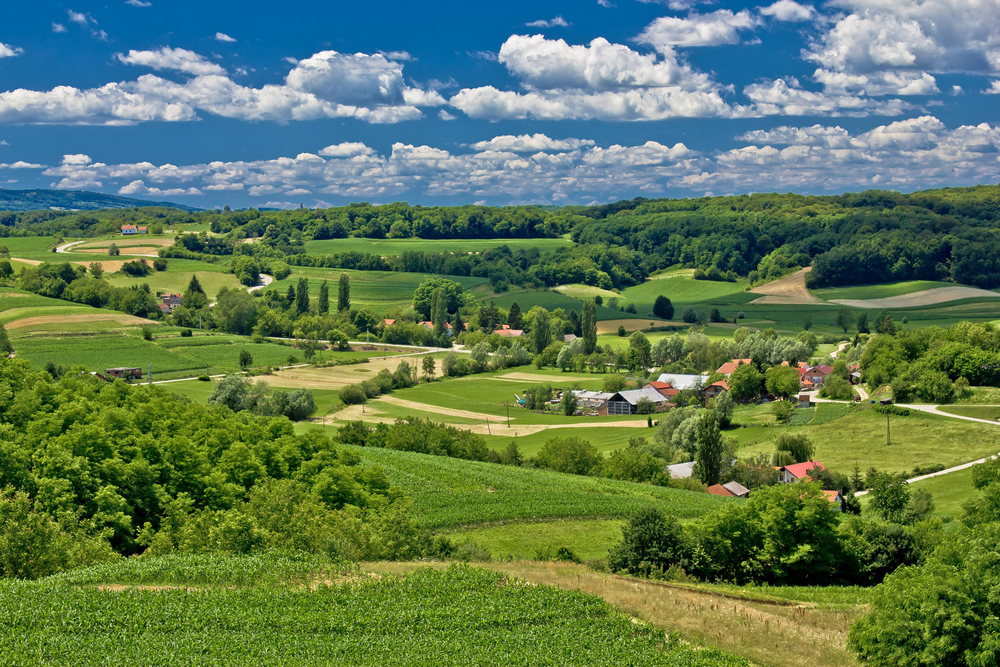Delivering for the public good will be one of the key challenges facing Irish agriculture over the next 10 years.
This direction of travel is already apparent courtesy of the discussions that are taking place in London, as the UK authorities consider their farm policy options beyond Brexit.
There’s also little doubt that the policy makers in Brussels are actively considering similar options, as they plot the future shape of the Common Agricultural Policy (CAP).
All of this is fine and dandy in theory. The core problem of such an approach is that providing grant aid for tree planting, for example, does not do anything for a farm business’ bottom line.
This, in effect, was the response by Brussels following the Irish Government’s commitment to introduce a new Nitrates Action Programme.
The reality is that the full implementation of existing environmental regulations will serve to restrict the scope of agricultural production throughout the EU.
This is already the case in countries like the Netherlands.
Dampening volatility
Many lobby groups within the milk industry have called for the re-introduction of quotas as a means if dampening volatility within that sector. I sense, however, that quotas of another kind will help do that job for them.
Land availability is the key criterion that will restrict agricultural output – both here in Ireland and beyond – in the very near future. If farmers do not have access to the areas they need on which to spread slurry, in line with current environmental regulations, they will have no option but to scale down their businesses accordingly.
It seems to have been forgotten that generations of farmers have created the Irish countryside that we all enjoy today.
But, outside of the Irish Farmers’ Association (IFA) and the other farm lobby organisations, no other groupings – particularly the Non-Governmental Organisations (NGOs) with a strong environmental focus – want to acknowledge the genuine need for a sustainable production base within Ireland’s farming sectors.
Irish farmers want to produce food of the highest quality. It should be more than feasible to allow this happen while still protecting the environment.
The problem is that future support packages for agriculture may not reflect this very basic necessity.
